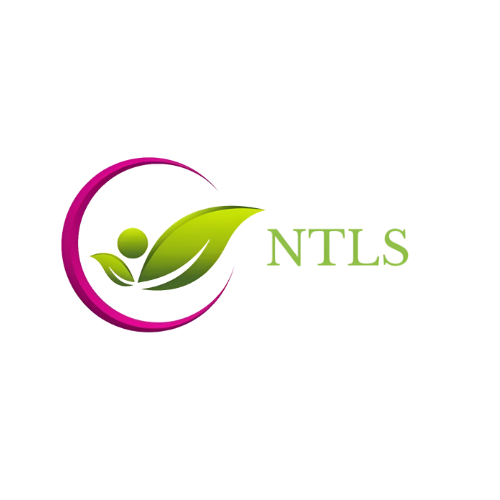OTC Switch
In developed countries, prescription medications (Rx) are increasingly being switched to over-the-counter (OTC, nonprescription) status, supported by government policy. These changes can offer individuals more choices, potential savings in healthcare spending, and expanded markets for pharmaceutical companies. Rx-to-OTC switches provide easy access to medications, enabling to manage symptoms like allergies, heartburn, and others without the need for a doctor’s visit.
However, not all OTC medications are identical to their prescription counterparts. Many OTC products are intended for short-term use only. OTC drug use relies on effective communication between patients and healthcare professionals, which is not always achieved in practice.
Seeking approval is a highly regulated process. An application for an Rx-to-OTC switch should include both efficacy and safety data that prove the drug is safe for use without a prescription. This data may consist of results from randomized, controlled clinical trials presented in the original dossier for the prescription drug, as well as data from new randomized, controlled clinical trials. Furthermore, the applicant must provide evidence showing that consumers can safely and effectively use the drug without healthcare professional supervision. The application should also include post-marketing safety surveillance data.
Governments (for the reimbursement scheme), regulatory bodies, healthcare professionals, and the pharmaceutical industry work together to ensure that appropriate systems are in place to make increased OTC use by older adults both safe and effective.
To determine which products are suitable for switching to OTC status, the following criteria must be met:
- The product demonstrates an adequate safety margin, meaning the benefits of its OTC availability outweigh any associated risks.
- The product has minimal potential for misuse or abuse.
- The product can be used safely and effectively without the need for a healthcare professional’s supervision.
- The product features clear and appropriate labelling for consumer use; in addition the sponsor must establish that consumers can self-diagnose the condition for which the OTC drug is intended.
As a solution, we offer:
- Evaluate strategically before starting whether the product is suitable for a switch.
- Meet and discuss for you with the Authorities and Experts in the field (Statisticians, Medical doctors...).
- Help you to condition the switch with necessary clinical features e.g. in-use patients studies; label comprehension studies.
- Write and submit the Rx-OTC reclassification dossier for you according to Authorities’ feedback and company’s input.

Get in Touch
Have questions or need expert guidance on regulatory compliance? We’re here to help! Contact us today to discuss how NTLS can support your business.
